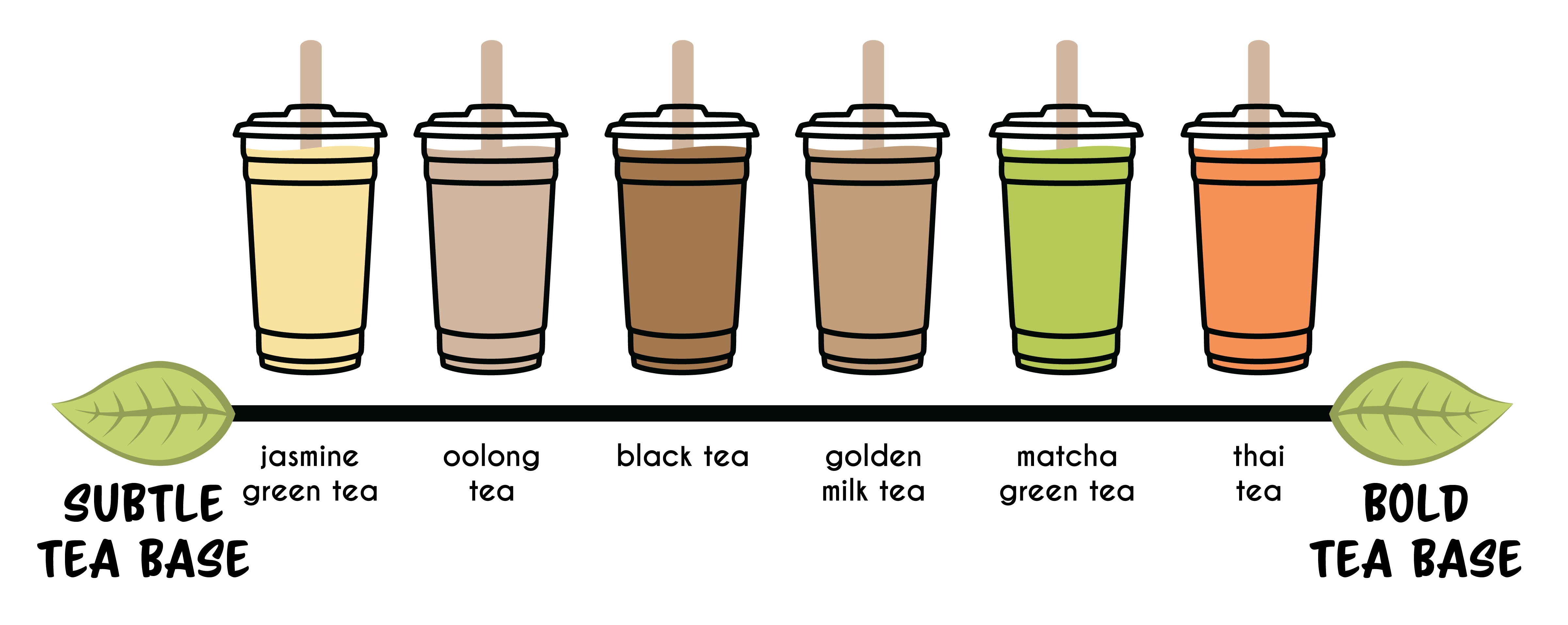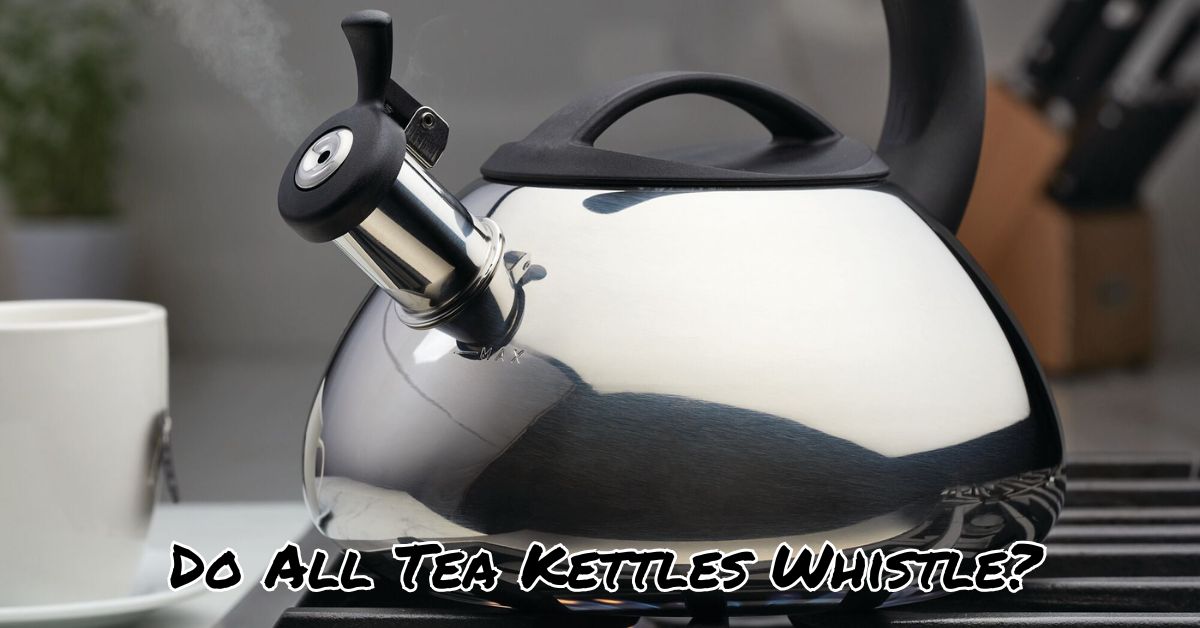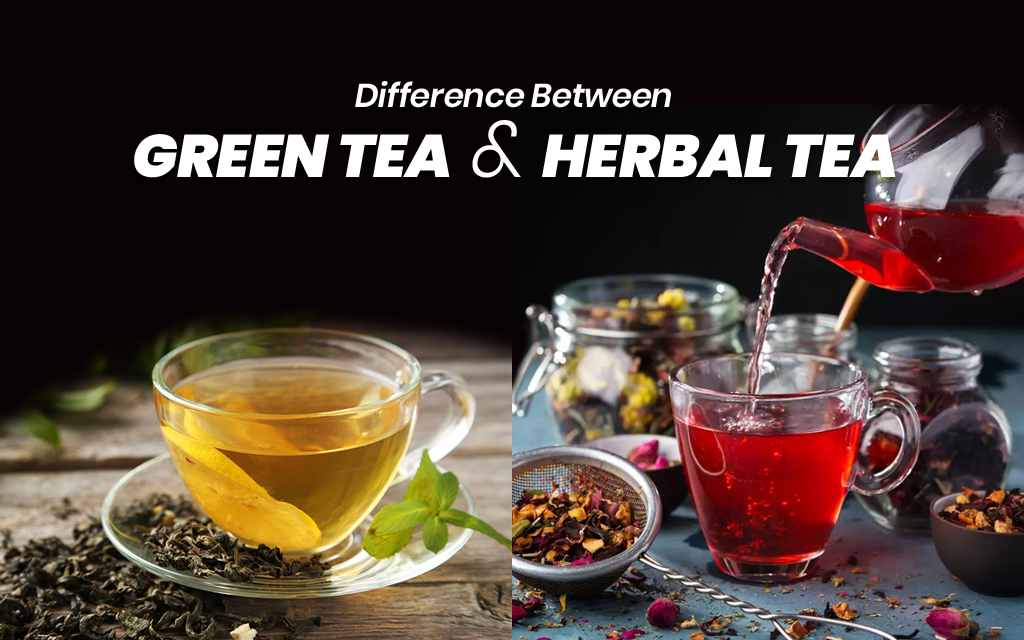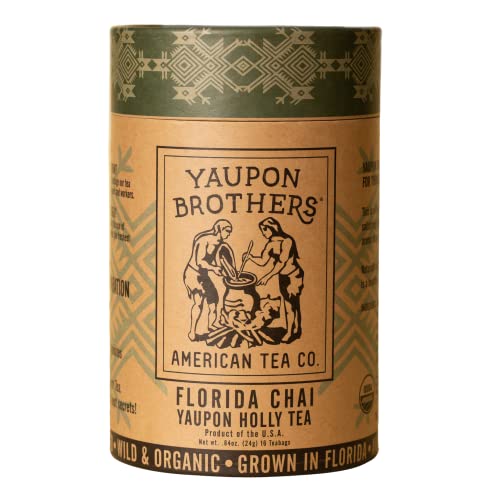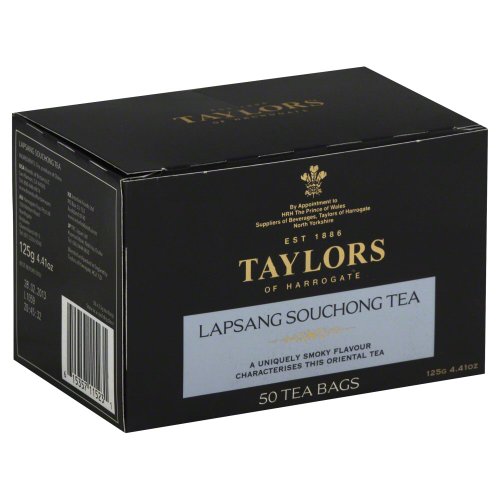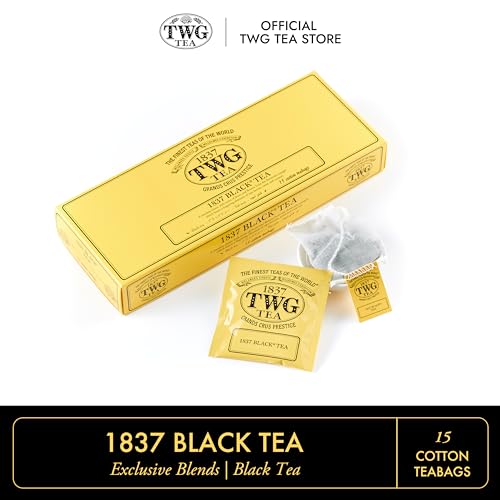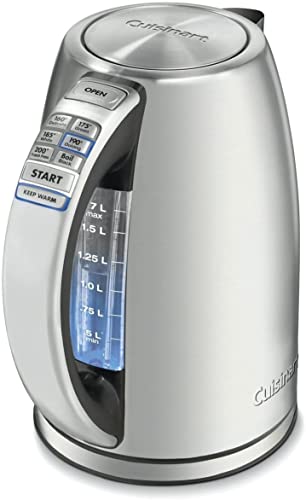Jasmine and Oolong teas are popular choices among tea lovers. Both have unique flavors and health benefits.
Comparing Jasmine and Oolong teas helps you decide which suits your taste and needs better. Jasmine tea is known for its floral aroma and soothing properties. It is often enjoyed for its calming effect. Oolong tea, on the other hand, offers a range of flavors, from fruity to earthy.
It is praised for its metabolism-boosting and antioxidant qualities. Understanding the differences between these two teas can enhance your tea-drinking experience. This comparison will guide you through the distinct characteristics of each, helping you make an informed choice. Whether you seek relaxation or health benefits, knowing more about Jasmine and Oolong teas will enrich your tea journey.
Introduction To Jasmine And Oolong Tea
Tea lovers often debate the merits of Jasmine and Oolong tea. Both teas offer unique flavors and health benefits. Understanding their origins and global appeal can enhance your appreciation for these beverages.
Brief History
Jasmine tea has roots in ancient China. It dates back to the Song Dynasty (960-1279). This tea combines green tea leaves with jasmine flowers. The flowers are picked at their peak. They are then layered over tea leaves overnight. This process infuses the leaves with a sweet aroma.
Oolong tea also has a rich history. It originated in the Fujian province of China. The tea is semi-oxidized, which places it between green and black tea. Traditional methods involve withering the leaves under strong sun. They are then rolled and twisted to enhance flavor.
Popularity Around The World
Jasmine tea is popular in China and around the world. It is often served in Chinese restaurants. The tea is known for its light, fragrant taste. Many people enjoy it as a relaxing beverage.
Oolong tea has gained global popularity too. It is especially popular in Taiwan and China. The tea’s flavor ranges from fruity to floral. It is often enjoyed during traditional tea ceremonies. Its unique taste appeals to many tea enthusiasts.
Health Benefits Of Jasmine Tea
Jasmine tea is not just fragrant and delicious. It also offers many health benefits. Made by blending green tea leaves with jasmine flowers, this tea is rich in nutrients.
Antioxidant Properties
Jasmine tea is packed with antioxidants. These compounds help fight free radicals in the body. Free radicals can cause cell damage and lead to diseases. Drinking jasmine tea can help protect your cells. It may reduce the risk of chronic illnesses.
Weight Loss Support
Jasmine tea can help with weight loss. It contains caffeine and catechins. These compounds boost metabolism. They help the body burn fat more efficiently. Regular consumption may assist in weight management.
Health Benefits Of Oolong Tea
Oolong tea is a traditional Chinese tea that offers a range of health benefits. Known for its unique flavor, this semi-fermented tea is rich in antioxidants and nutrients. Here, we’ll explore some of the key health benefits of drinking oolong tea.
Boosting Metabolism
One of the most significant benefits of oolong tea is its ability to boost metabolism. This tea contains polyphenols, which help in increasing the metabolic rate.
Studies have shown that drinking oolong tea can enhance fat burning and help in weight loss. The caffeine and catechins in the tea work together to increase energy expenditure.
| Nutrient | Function |
|---|---|
| Caffeine | Boosts energy levels |
| Polyphenols | Increase fat oxidation |
| EGCG | Enhances metabolic rate |
Heart Health
Oolong tea is also beneficial for heart health. It helps reduce bad cholesterol levels and improves blood circulation. This tea is rich in antioxidants, which prevent the oxidation of LDL cholesterol.
Regular consumption of oolong tea has been linked to a lower risk of heart disease. The antioxidants in oolong tea help in maintaining healthy blood pressure levels.
- Reduces LDL cholesterol
- Improves blood circulation
- Maintains healthy blood pressure
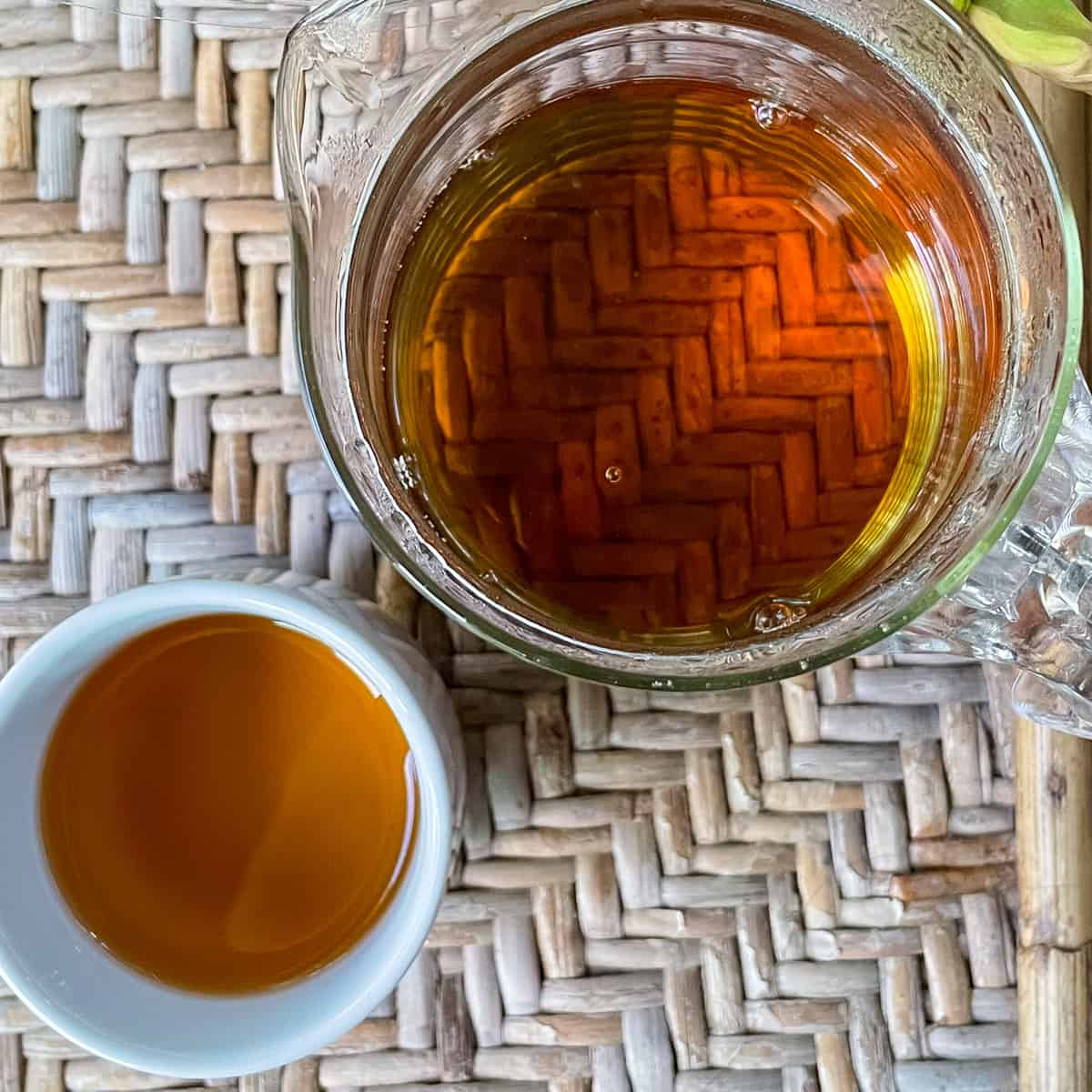
Credit: veryveganish.com
Nutritional Comparison
Comparing Jasmine and Oolong tea offers a fascinating look at their nutritional benefits. Both teas have distinct flavors and health advantages. This section dives into their nutritional profiles.
Vitamins And Minerals
Jasmine tea is rich in antioxidants. It contains vitamins A, C, and E. These vitamins help boost the immune system. Oolong tea also has antioxidants. It is a good source of vitamins A, B, C, E, and K. Oolong tea also contains essential minerals. These include calcium, manganese, copper, and potassium. Both teas support overall health.
Caloric Content
Jasmine tea is low in calories. It has around 1-2 calories per cup. This makes it a great choice for weight management. Oolong tea also has low calories. It contains about 2-3 calories per cup. Both teas can be enjoyed without worrying about calorie intake. Drinking these teas helps you stay healthy and fit.
Flavor Profiles And Aromas
Tea lovers often compare Jasmine tea and Oolong tea. Both teas offer unique flavors and aromas. These characteristics make each tea special. Understanding their taste profiles can help you choose your favorite.
Jasmine Tea Taste
Jasmine tea has a delicate and sweet flavor. The tea leaves are scented with jasmine flowers. This gives the tea a floral aroma. The taste is light and refreshing. Many people find it soothing. It pairs well with light snacks.
Oolong Tea Taste
Oolong tea offers a complex flavor. It falls between green tea and black tea. The taste can be fruity, floral, or nutty. The aroma is rich and fragrant. Some Oolong teas have a roasted flavor. Each sip brings a new experience.
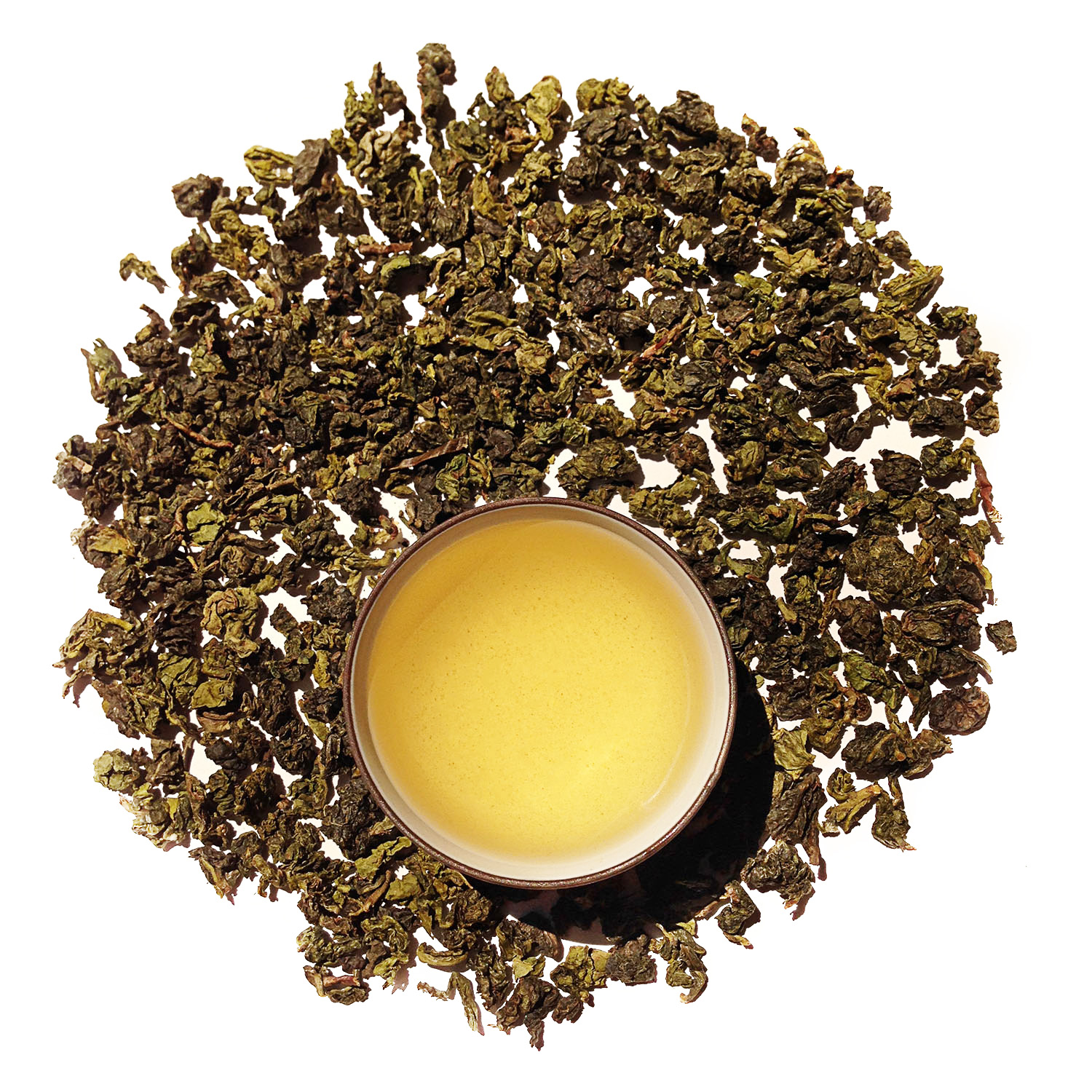
Credit: www.kuchatea.com
Caffeine Content
When comparing Jasmine tea and Oolong tea, one key difference is their caffeine content. Caffeine is a vital factor for many tea drinkers, as it impacts energy levels and suitability for different times of day. Let’s delve into how each tea type measures up in terms of caffeine content.
Impact On Energy Levels
Jasmine tea generally contains less caffeine than Oolong tea. This makes it a lighter option for those seeking a gentle energy boost. Jasmine tea can help you stay alert without the jitters.
Oolong tea, on the other hand, has moderate caffeine levels. This provides a more noticeable energy boost. It’s ideal for those needing a bit more stimulation.
Suitability For Different Times Of Day
Jasmine tea’s lower caffeine content makes it suitable for evening consumption. You can enjoy it without worrying about sleepless nights. It’s a perfect tea to unwind with.
Oolong tea is better suited for mornings or early afternoons. Its moderate caffeine content helps wake you up. Drinking it later in the day might interfere with your sleep.
Brewing Methods
Brewing the perfect cup of tea requires attention to detail. Each type of tea has its own unique method. This ensures the best flavor and aroma. Let’s explore the best practices for brewing Jasmine Tea and Oolong Tea.
Best Practices For Jasmine Tea
Jasmine tea is delicate. It needs a gentle touch during brewing. Follow these steps for the best results:
- Water Temperature: Use water around 175°F (80°C).
- Tea Leaves: Use one teaspoon of loose jasmine tea per cup.
- Steeping Time: Steep for 2-3 minutes. Avoid over-steeping to prevent bitterness.
- Vessel: A porcelain or glass teapot is ideal. It preserves the tea’s fragrance.
These steps ensure a fragrant, flavorful cup of jasmine tea.
Best Practices For Oolong Tea
Oolong tea is semi-fermented. It offers a range of flavors. Proper brewing is key:
- Water Temperature: Use water between 185°F and 205°F (85°C – 96°C).
- Tea Leaves: Use one tablespoon of loose oolong tea per cup.
- Steeping Time: Steep for 3-5 minutes. Adjust time based on personal taste.
- Vessel: A clay or ceramic teapot works best. It enhances the tea’s flavor.
Follow these steps for a rich, aromatic cup of oolong tea.
Both jasmine and oolong teas offer unique brewing experiences. Proper methods ensure you enjoy their full potential.

Credit: www.tenren.com
Potential Side Effects
Jasmine and Oolong teas offer many benefits. But, they come with potential side effects too. It’s important to be aware of these before adding them to your daily routine. Let’s dive into some potential side effects of Jasmine and Oolong tea.
Allergic Reactions
Some people might be allergic to Jasmine or Oolong tea. Allergic reactions can be mild or severe. Common symptoms include:
- Skin rashes
- Itching
- Swelling of the lips or throat
- Difficulty breathing
If you experience these symptoms, stop drinking the tea. Consult a doctor immediately. Allergic reactions are rare but possible.
Overconsumption Risks
Drinking too much Jasmine or Oolong tea can cause problems. Overconsumption risks include:
- Caffeine Overload: Both teas contain caffeine. Too much caffeine can cause insomnia, jitteriness, and headaches.
- Stomach Issues: High amounts can irritate the stomach. This can lead to nausea or stomach pain.
- Iron Absorption: Both teas can reduce iron absorption. This can be a problem for those with iron deficiency.
To avoid these risks, drink these teas in moderation. Experts recommend no more than 3-4 cups per day.
Frequently Asked Questions
What Is The Main Difference Between Jasmine And Oolong Tea?
Jasmine tea is typically green tea scented with jasmine flowers. Oolong tea is partially fermented, giving it a unique flavor profile between green and black tea.
Which Tea Has More Caffeine, Jasmine Or Oolong?
Oolong tea usually has more caffeine than Jasmine tea. However, the caffeine content can vary depending on the specific type and brewing method.
Are There Health Benefits To Drinking Jasmine Tea?
Yes, Jasmine tea is rich in antioxidants. It can help reduce stress, improve digestion, and support heart health.
Is Oolong Tea Good For Weight Loss?
Yes, Oolong tea can aid in weight loss. It boosts metabolism and enhances fat burning, making it a good choice for weight management.
Conclusion
Jasmine and oolong teas both offer unique flavors and benefits. Jasmine tea provides a delicate, floral taste. Oolong tea, with its rich, complex flavor, stands apart. Both teas promote relaxation and health. Choose based on your taste preference and health goals.
Experiment with both to find your favorite. Enjoy the journey of discovering these wonderful teas. Happy sipping!

